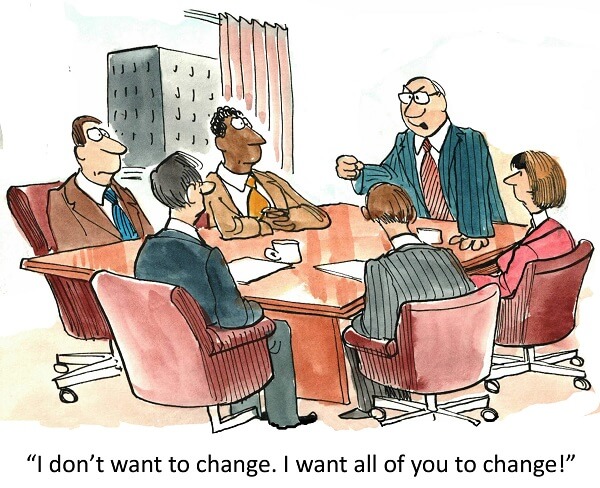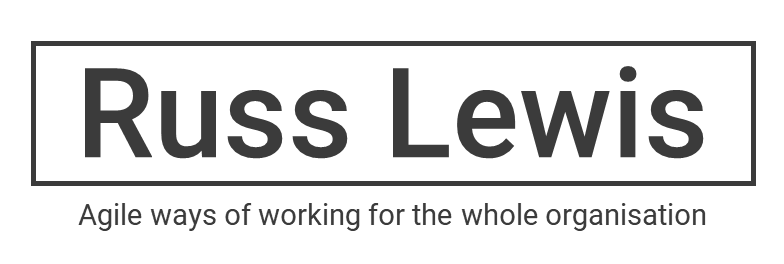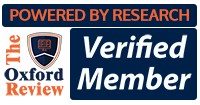Engagement Model for Digital Transformation / Agile Adoption
Consultancy template for improvement and organisational development work
A proven approach used by external consultancy firms. This engagement model is appropriate for internal improvement initiatives and Centres of Excellence. As an embedded coach or improvement lead, it’s important to realise you are effectively providing a consulting service to your colleagues and consulting tools like this one are really effective.
1. Co-Inquiry
Understand the current situation and opportunities.
Managers and workers know the problems that exist. Working with an empathetic and objective 3rd party makes it easier to prioritise what really matters.
2. Co-Design
Define specific outcomes that make a measurable impact.
Measure what matters then nobody has to guess what may work. Whether it's revenue, retention, or defect rate, data is the key to controlling product development.
3. On-going Support
Coach, educate, advise, and support staff.
Achieving product-market fit is a process of countless small questions, experiments, and decisions. Staff are more confident of success if they can count on regular support from experts during the first iterations.
4. Accountability
Support to maintain commitment to strategic goals.
Once a product performs in the market it becomes a cost centre to be managed. The 3rd party lens reminds management its strategic drivers and the measures needed to reach that position.
Potential starting points – for engaging teams and their managers
Decide who are your real clients
Many teams mistake enablers or other departments for clients, since that’s where their money comes from. They are both stakeholders, but it’s the final, external, consumer that’s your client. A fair test of the true client is there’s no longer a business if you remove them. This concept is tough to grasp if you’ve always called intermediaries clients, which is why it’s a great topic to get people engaged at the start. Remember, it matters less what you decide, than you have a discussion, explore your disagreements, then reach a shared definition.
Determine what specific value your team brings to the greater organisation
This is also harder than it seems as people think in terms of role or department function. If you are a testing / QA team, then your value could be to protect users from failure. Finding bugs may be one of the ways you do that, it relates to HOW, not WHAT you do. Remember, value is what someone gets in return for what they give up (not always money).
Anti-patterns to beware of
We’re so special, we can skip the first steps
You can take all the shortcuts you like, but it will take you longer to see measurable results if you do. If you want to be smart and accelerate your transition, go straight to the place of greatest learning, personally. That’s what step 1 is all about, increasing awareness and understanding.
Delegating change
The cartoon classic “I don’t want to change, I want all of you to change” makes the point that employees pay more attention to the actions of their leaders than their words.








